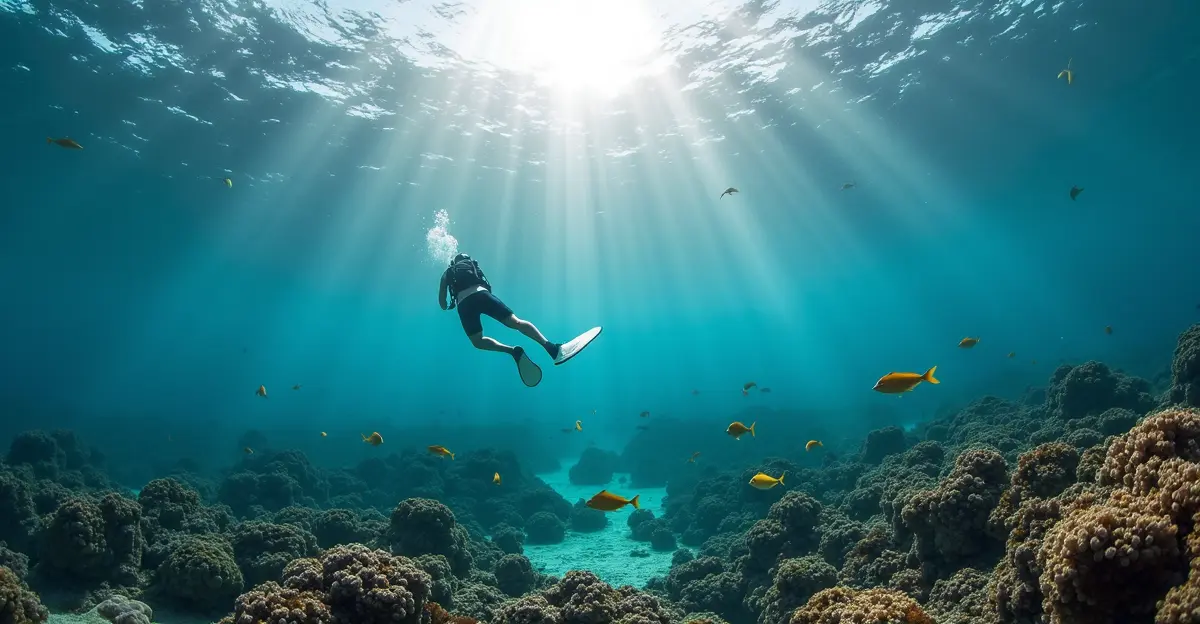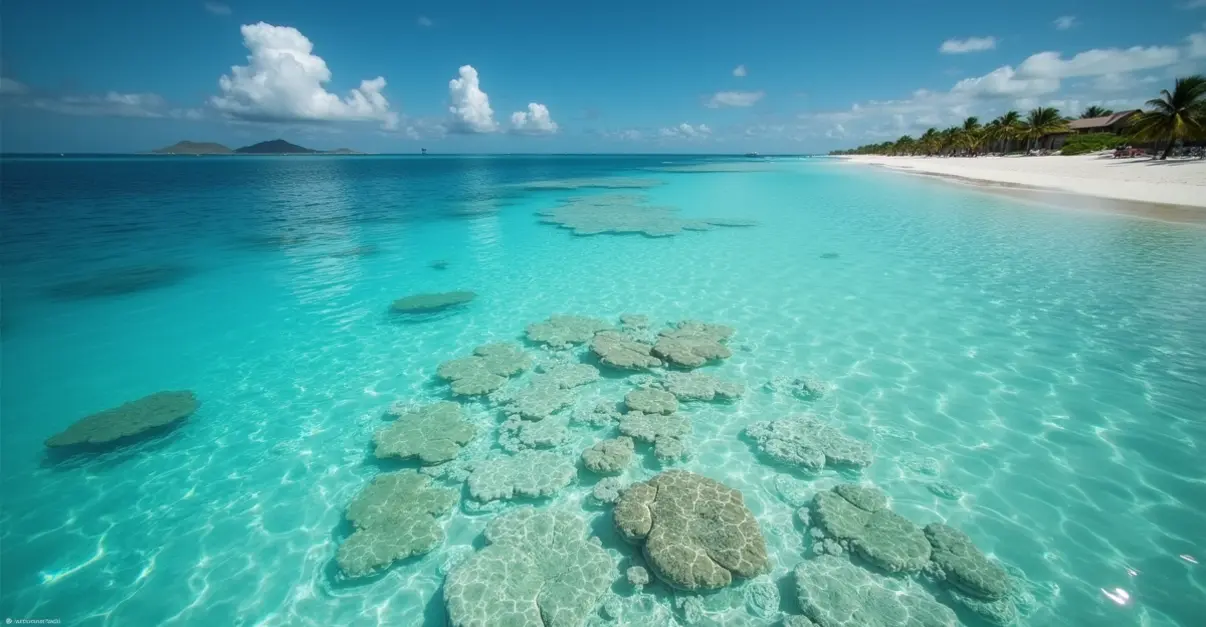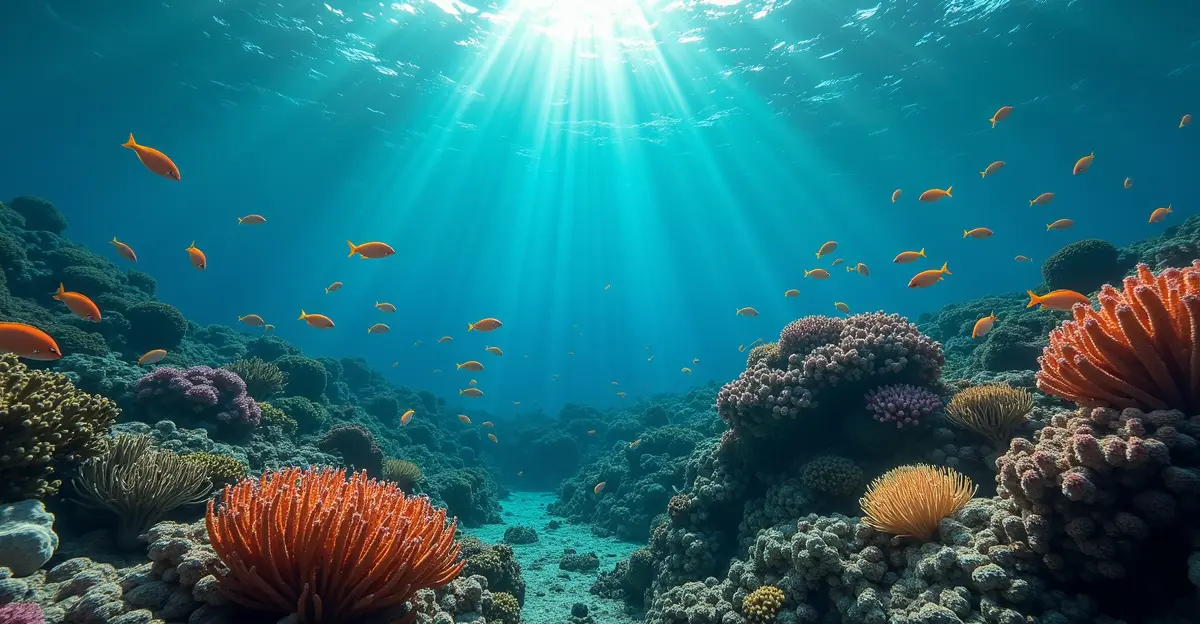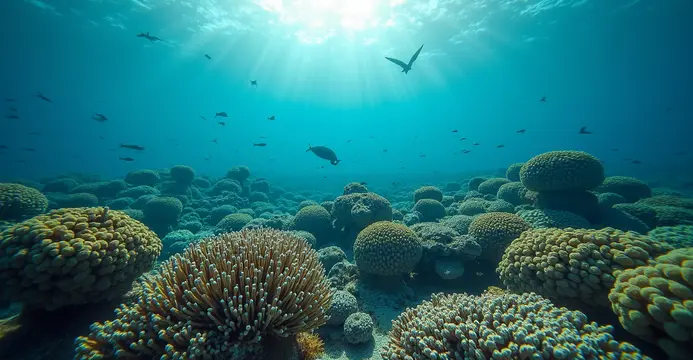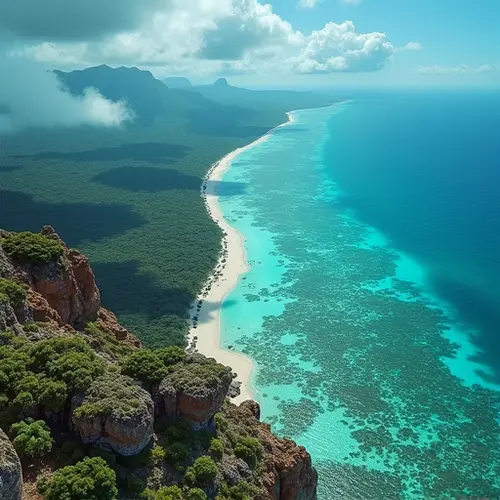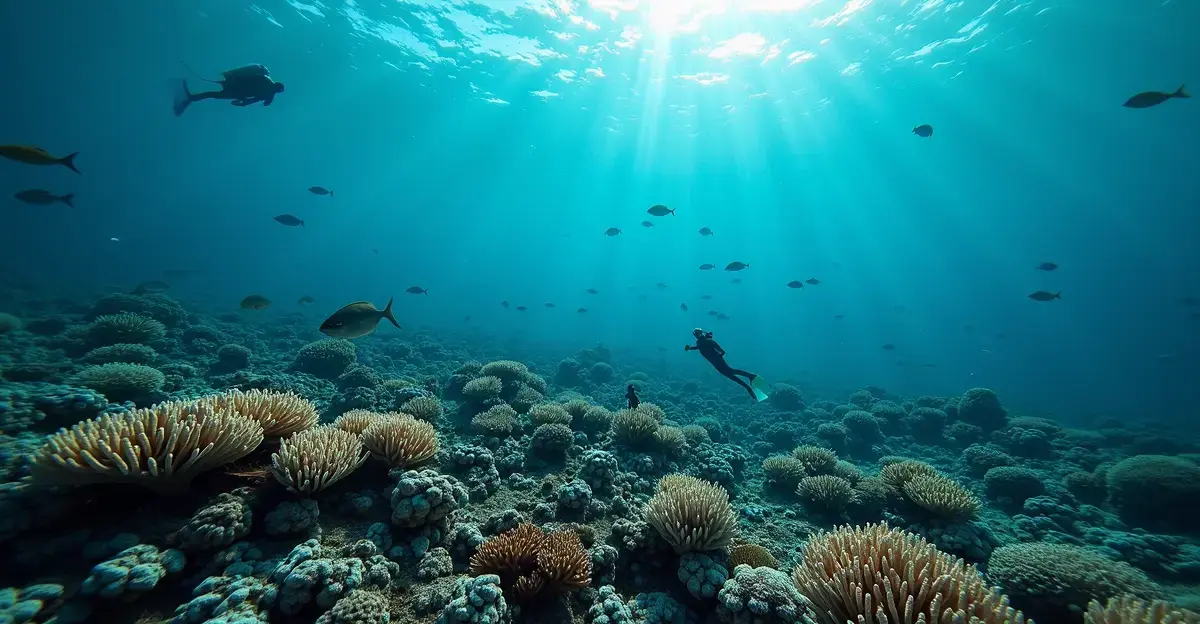International Coalition Backs Large-Scale Coral Reef Restoration
A major international coalition has committed substantial funding to large-scale coral reef restoration projects across tropical zones, marking a significant step in the global fight to save these vital marine ecosystems. The initiative comes as coral reefs worldwide face unprecedented threats from climate change, with recent reports showing up to 70% coral loss in some areas of the Great Barrier Reef and 84% of global reefs experiencing bleaching stress since 2023.
Funding Initiatives and Global Response
The G20 Coral Research and Development Accelerator Platform (CORDAP) has launched its fourth annual Coral Accelerator Program (CAP) 2025 funding call, offering up to USD 1.5 million per project for innovative coral conservation solutions. 'This represents a critical investment in our planet's future,' says Dr. Maria Rodriguez, marine biologist at the University of Miami. 'We're seeing unprecedented coral decline, and these funds will accelerate much-needed restoration efforts.'
According to CORDAP's announcement, the program has already selected seven groundbreaking projects from 85 proposals in CAP 2024, representing a total investment of USD 8.8 million involving researchers from 26 countries. The deadline for 2025 submissions is October 20, 2025, with funded projects expected to start in late 2026.
Restoration Techniques and Success Stories
Coral restoration employs various innovative methods, including coral gardening, microfragmentation, and assisted evolution. Coral gardening involves growing coral fragments in nurseries before transplanting them to degraded reef areas. 'We've seen remarkable success with microfragmentation techniques,' notes Dr. James Wilson of Mote Marine Laboratory. 'This method accelerates coral growth rates 25-40 times faster than natural processes, allowing us to restore damaged areas more quickly.'
Success stories are emerging globally. The Coral Restoration Foundation in Florida has planted over 170,000 corals, while community-led projects in the Dominican Republic and Fiji show significant reef recovery and increased fish biomass. Recent documentation highlights how these efforts are transforming barren seabeds into thriving coral gardens teeming with marine life.
The Urgent Need for Action
Coral reefs support approximately 25% of all marine species and provide livelihoods for over 500 million people globally. However, they face multiple threats including rising ocean temperatures, ocean acidification, pollution, and overfishing. 'The situation is critical,' emphasizes Dr. Sarah Chen, coral ecologist at Stanford University. 'We're losing coral reefs at an alarming rate, and without immediate intervention, we risk losing these ecosystems entirely within our lifetimes.'
The recent commentary in Cell Reports Sustainability argues that coral reef restoration requires innovative cross-sector solutions and coordinated action across multiple fronts. The author emphasizes that we cannot afford to wait until every challenge is solved before taking action.
Future Outlook and Community Involvement
The funding initiatives emphasize global inclusivity, requiring teams to include organizations from at least two countries (one low/middle-income country), ensuring local community benefits, and making all intellectual property open source for coral conservation use. 'Local communities are essential partners in reef restoration,' says conservation manager Lisa Tanaka from Palau. 'Their traditional knowledge and stewardship are invaluable for long-term success.'
As climate change continues to threaten coral reefs, these large-scale restoration projects represent hope for preserving biodiversity, enhancing ecosystem resilience, and supporting coastal communities that depend on healthy marine ecosystems for their livelihoods and protection from storm surges.

 Nederlands
Nederlands
 English
English
 Deutsch
Deutsch
 Français
Français
 Español
Español
 Português
Português
